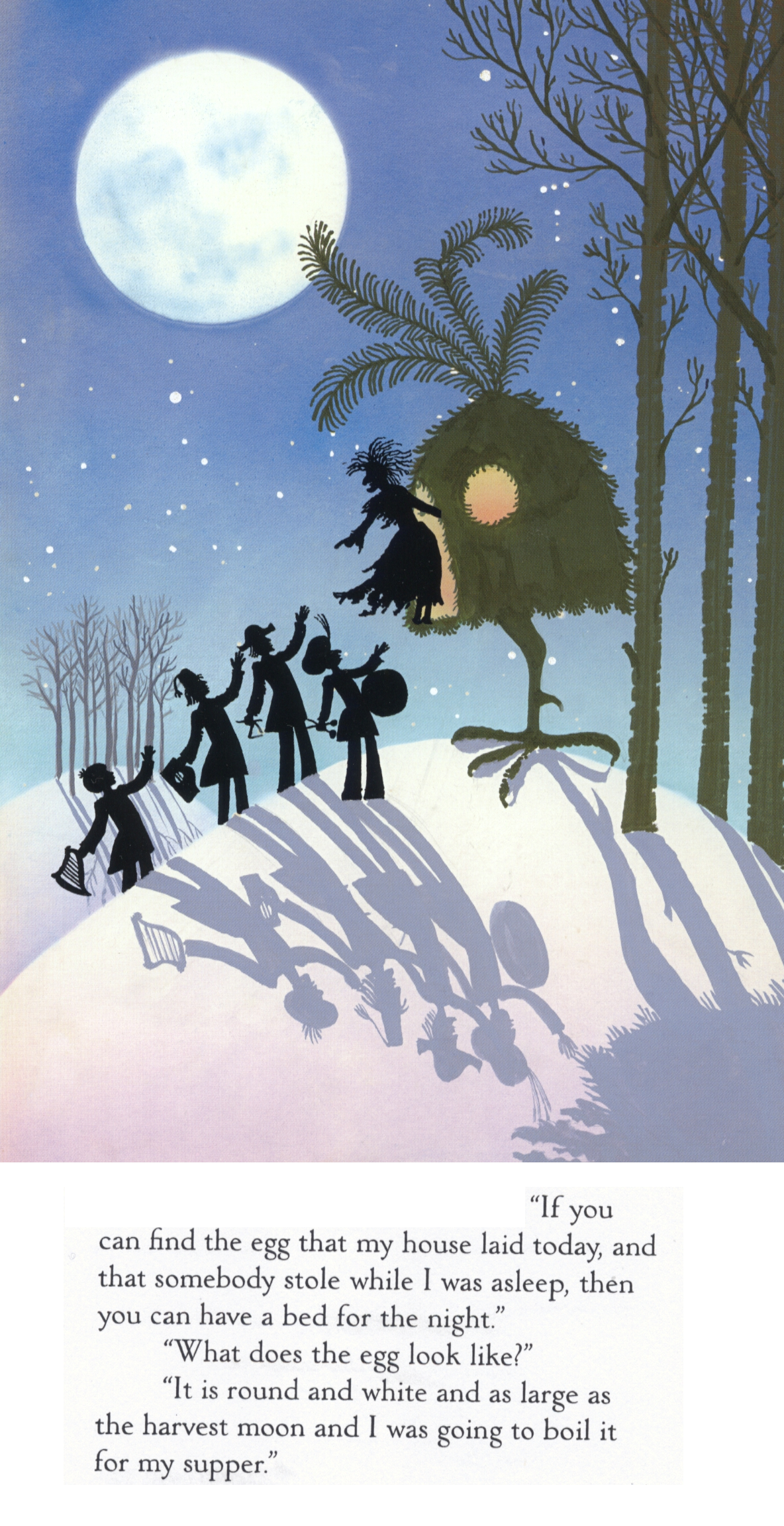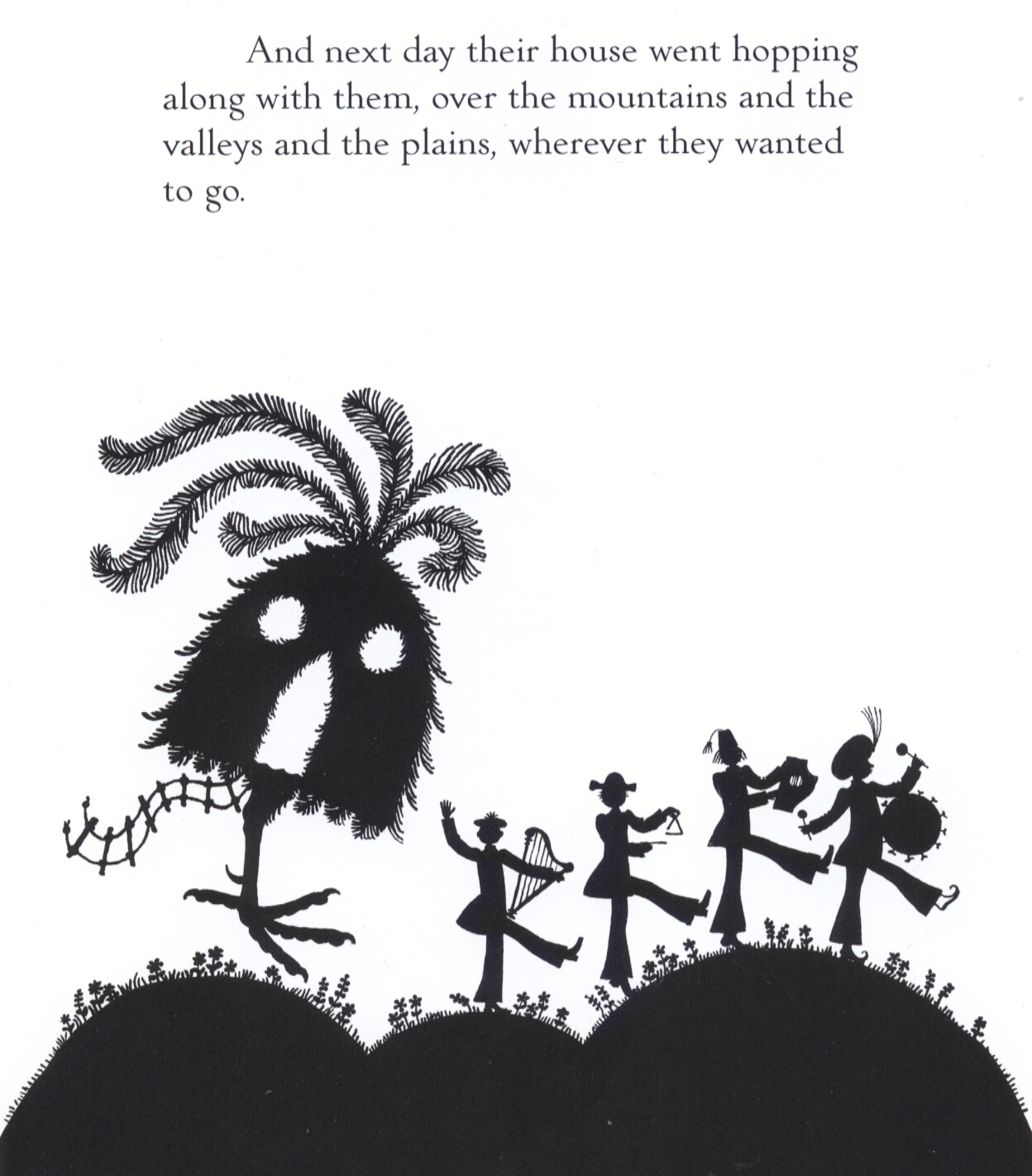
…and Reviewers are incredulous!
“What is Joan Aiken doing back in Regency land? Having fun – with the most ingenious Impostures and Deceits, not to mention attempted Murders, practiced on a most agreeable heroine. A country dance in the high style twirled to the tune of a proven virtuoso.”
This Kirkus reviewer obviously enjoyed this very un-Aiken piece of frivolity, as have a good many other readers and bloggers – as indeed does Joan Aiken herself!
A huge fan of Georgette Heyer, whose novels were serialised in magazines like Woman’s Journal where her own stories also appeared, Joan Aiken couldn’t resist having a go at the style herself, and revelling in nonsensical dialogue and period detail, she certainly took a leaf or two out of Heyer’s books…
Here the scene is set in fine style, with our heroine Delphie consoling her clueless Mamma:
“Why do you all scold me so,” she sobbed, “when I only did it for the best?”
“Did what, Mamma? What did you do?”
“Why, went to St. Paul’s to pray for a husband for you, naturally!”
Delphie hardly knew whether to laugh or weep. What a hopeless quest! What a piteous pilgrimage! At least it had not involved Mrs. Carteret in any outrageous, wild expense, but it seemed highly probable that she might have caught her death from wet and exhaustion.
“That was a very kind, thoughtful thing to do,” Delphie said, giving her parent a warm and loving embrace, and then proceeding to whisk off the sodden shawl, “but, you know, I don’t want a husband, I would rather by far remain with you.”
“Of course you want a husband,” said Mrs. Carteret, shivering miserably as the draggled silk was peeled away from her shoulders. “For if you had a good one, we could all live together and he would support us!”
The heroines of most Regency Romances may put up a struggle against the bonds of matrimony and fight for their independence, but when the choice is between marriage or a life of penury – in this case Delphie works as a struggling pianist coaching snobbish and grumpy society maidens – we know where their hearts and hopes really lie…
But Joan Aiken was not known for giving her poor heroines an easy ride, let alone even a happy ending, as many readers have remonstrated about other Aiken novels:
“It’s more of a comedy with an excess of plot…and turns totally Gothic towards the end” or they describe the novel as “a lunatic farrago of wackiness” which is happily also “funny, fluffy and frothy.”
However in this particular case, although they may have been (formally!) married for the entirety of the novel, when the hero, having at last overcome all obstacles, manages to clasp the wretched girl in his arms and beg:
“But do you love me?”
( Spoilers Ahead! )
Delphie’s reply is unexpected:
“Oh, good gracious! How can you conceive of such a notion? Why, I came to Chase—walking five miles through a downpour, I may say, because that odious Mordred made off with my carriage-followed you up onto the roof—clambered over I do not know how many obstacles—dragged your lifeless corpse back from the chasm’s brink—all from motives of the calmest—most phlegmatic—neutrality—and altruism—”
The last words came out of her in jerks, for he was shaking her.
“Oh, you little wretch! How often have I not longed to wring your neck! Or at the very least to do this—”
And he set his lips on hers.
Huzzah! You know that’s what you really wanted…
* * * * * * *
The Five Minute Marriage
As reviewed by ALL ABOUT ROMANCE
More Joan Aiken
Regency Romances, and Austen Entertainments and gloriously Gothic adventures for Grown Ups:
Now out on Kindle in the USA and in the UK
* * * * * * *
And in new Pan Paperbacks















